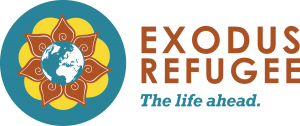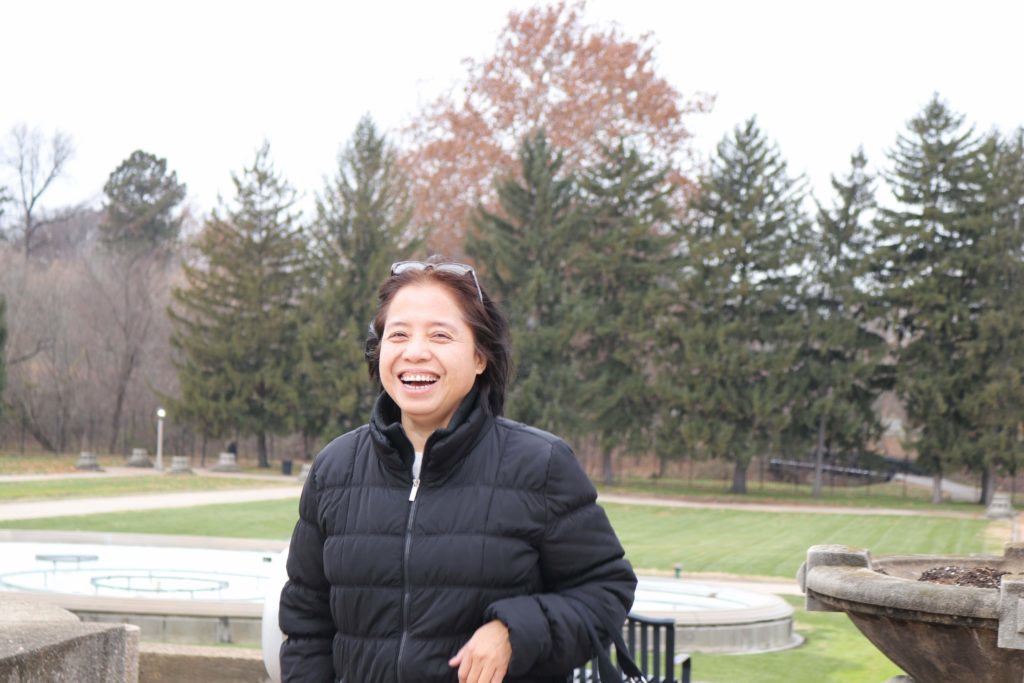Meet Khin Sain, Women’s Program Case Manager
As the Women’s Program Case manager, Khin Sain provides case management, trainings, and social integration activities for some of our most vulnerable refugee women. She is also an accomplished musician and puts her Bachelor’s of Art degree to work directing our Refugee Women’s Art Circle. A member of the Karen ethnic group and a former refugee herself, Khin understands the challenges of rebuilding your life in a new country.
1. How did you come to work at Exodus?
I am from Burma, but lived in Thailand for 13 years. I arrived in Maryland in March of 2013 to live with my sisters. My pastor knew someone who worked at Exodus and suggested I apply for a case manager job. I started as a Case Manager in Reception and Placement for six months, then I moved to the Extended Case Management Program, and then I became the Women’s Program Case Manager.
3. What kinds of services do you provide for refugee women?
I provide a lot of case management services, such as help with unemployment applications, housing or day care issues, parenting classes. This week, I helped a woman who had lost her childcare voucher call the Children’s Bureau to get it started again. Due to social distancing, I will be doing a six-week Women’s Group on WhatsApp video messenger with 10-15 Congolese women. We will have trainings on home safety, women’s health and family planning, school information, FSSA processes and documents, and parenting in the U.S.
4. What do you enjoy most about being the Women’s Program Case Manager?
Refugee women are very vulnerable women. Sometimes it is hard for them. They have so many questions. They need training to adjust to living in the United States. I like to teach them to become self-sufficient. I tell them, “You can do it on your own.” I feel lucky to be their case manager.
5. What is something you wish people knew about refugee women?
They have so many abilities, but they just get a little stuck when they get here. They have ideas for businesses they want to do. They want want to get a good job and for their children to have an education. They are really hopeful for their children’s education. They need a little encouragement and training.
6. Bonus question: How many languages do you speak?
I speak four languages. Karen, Burmese, Thai, and English.


